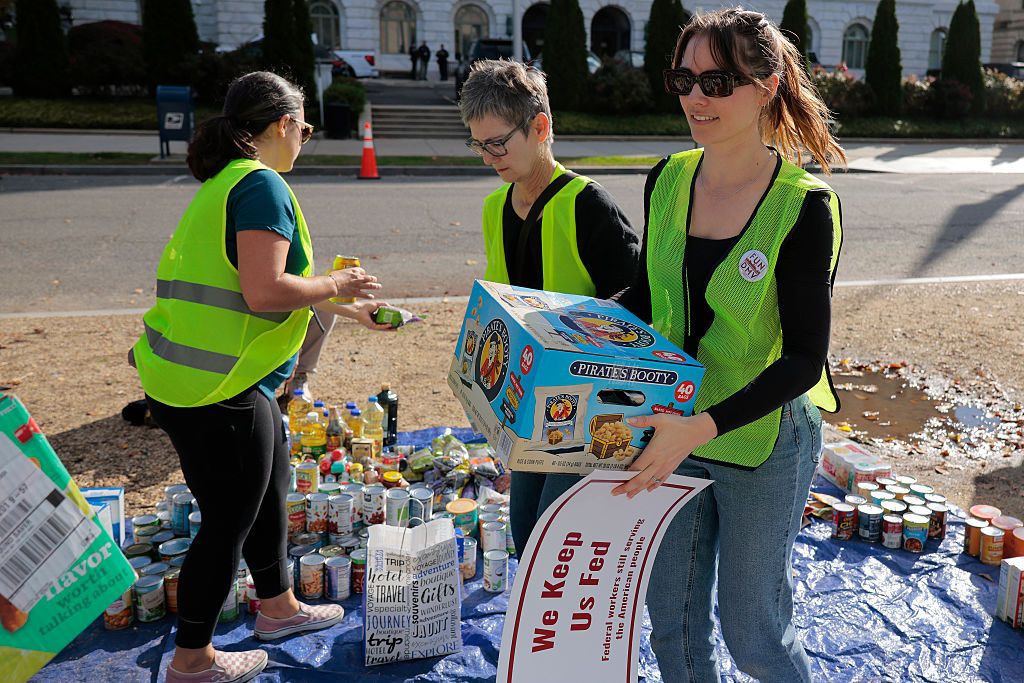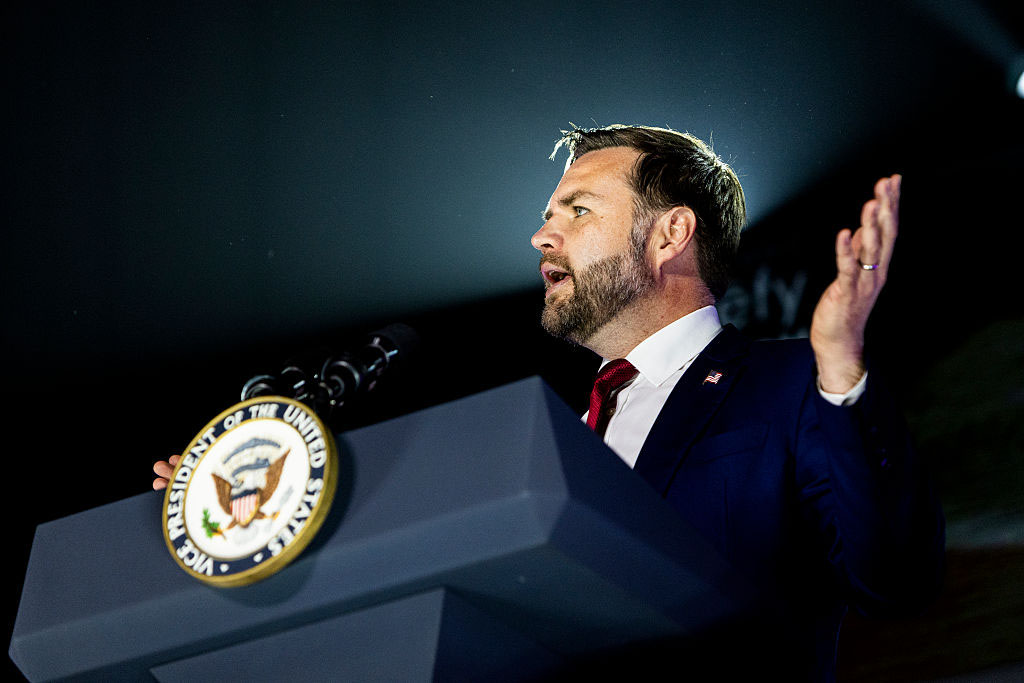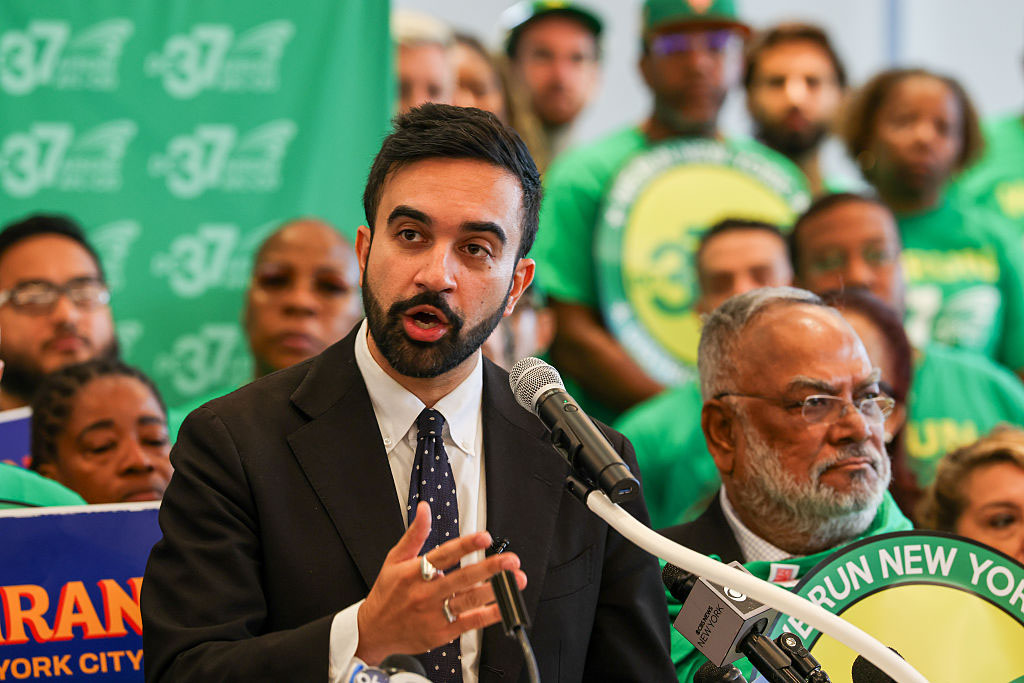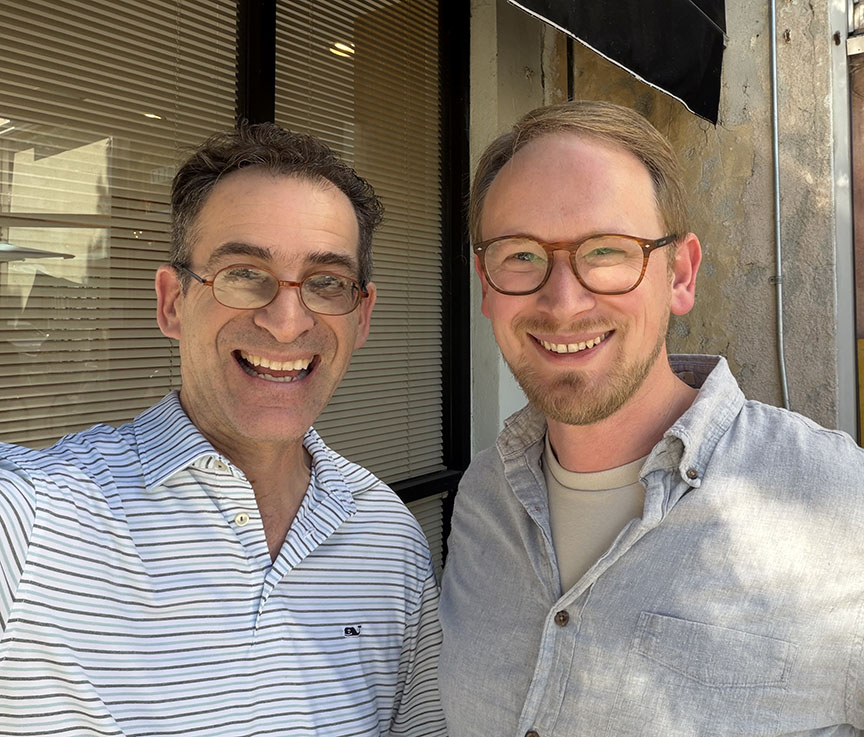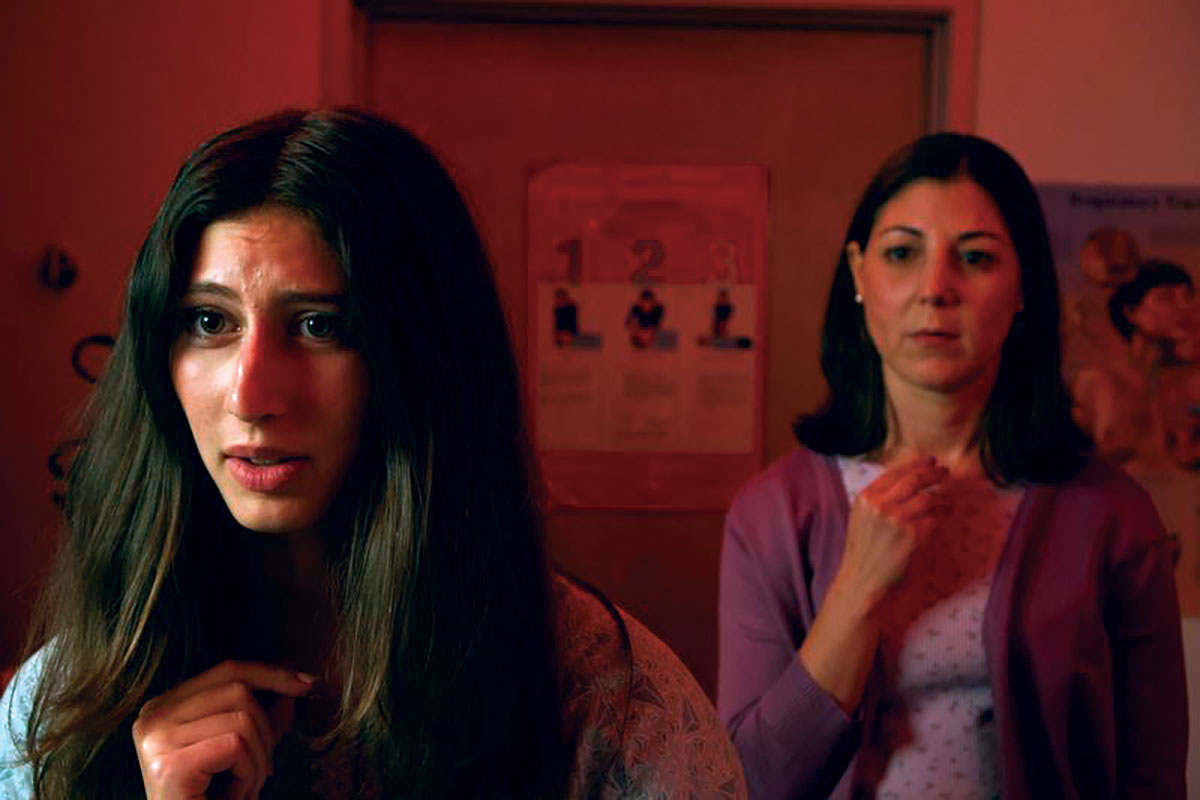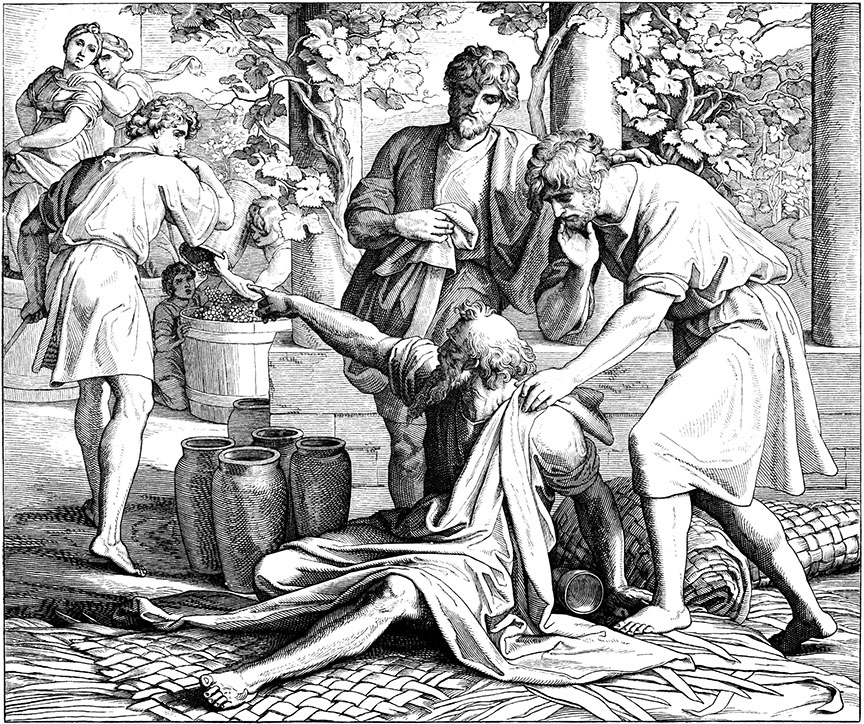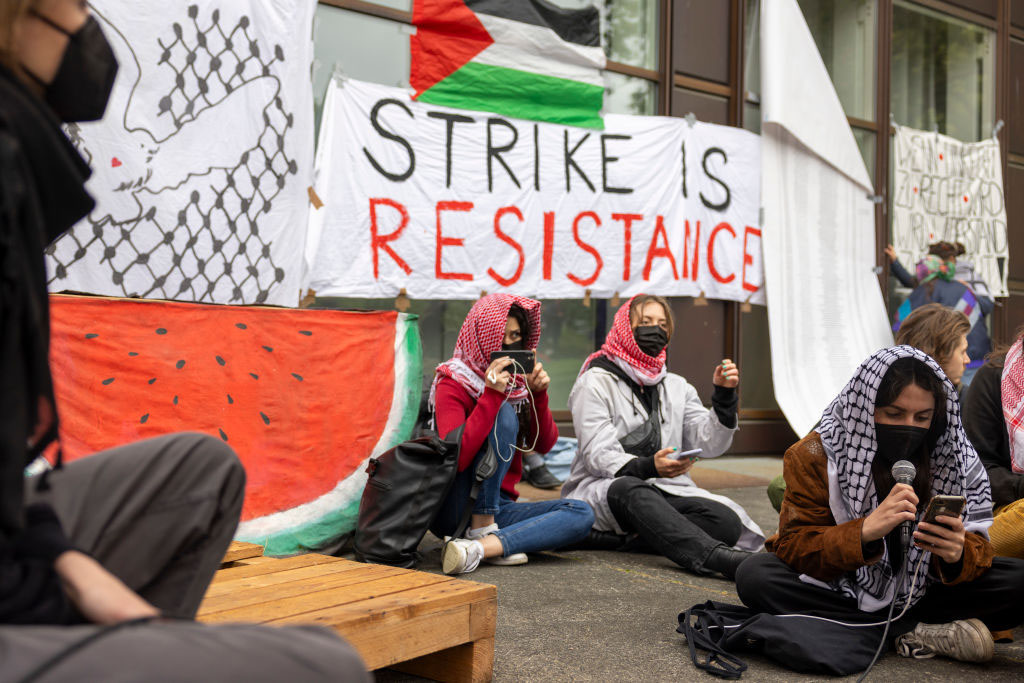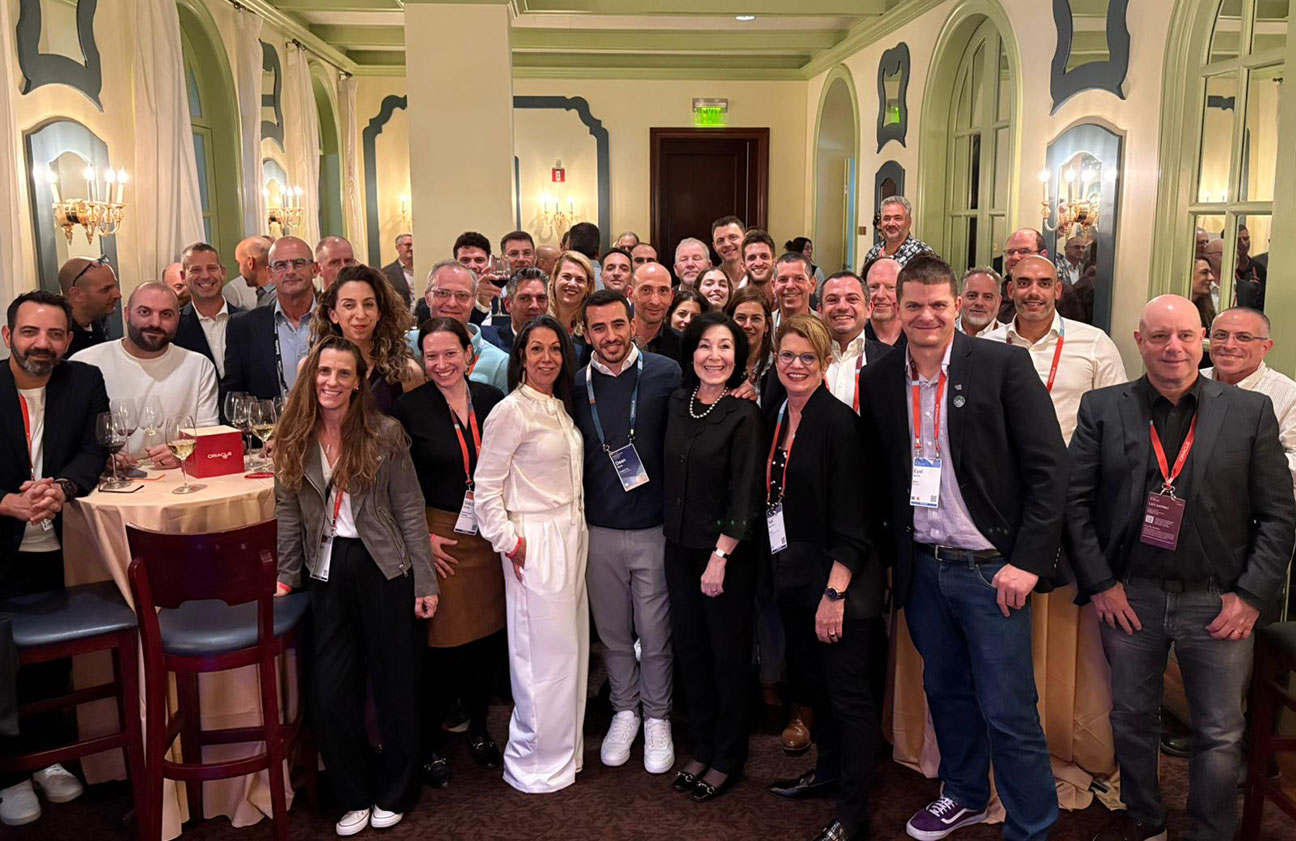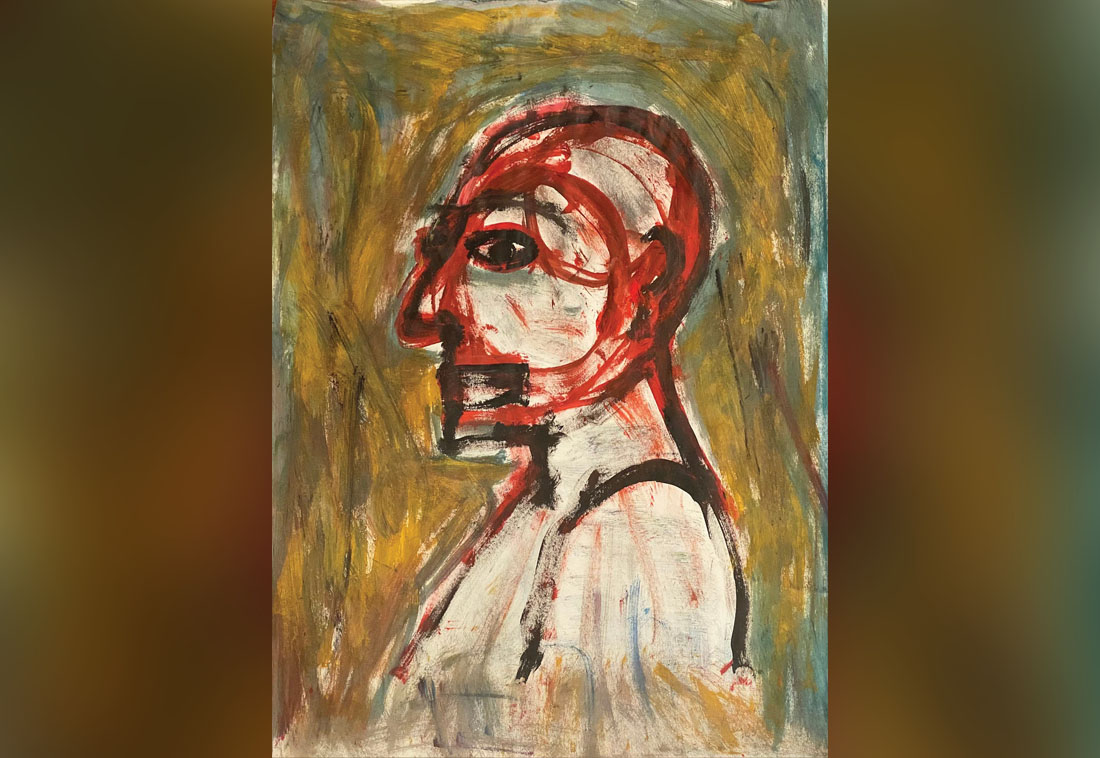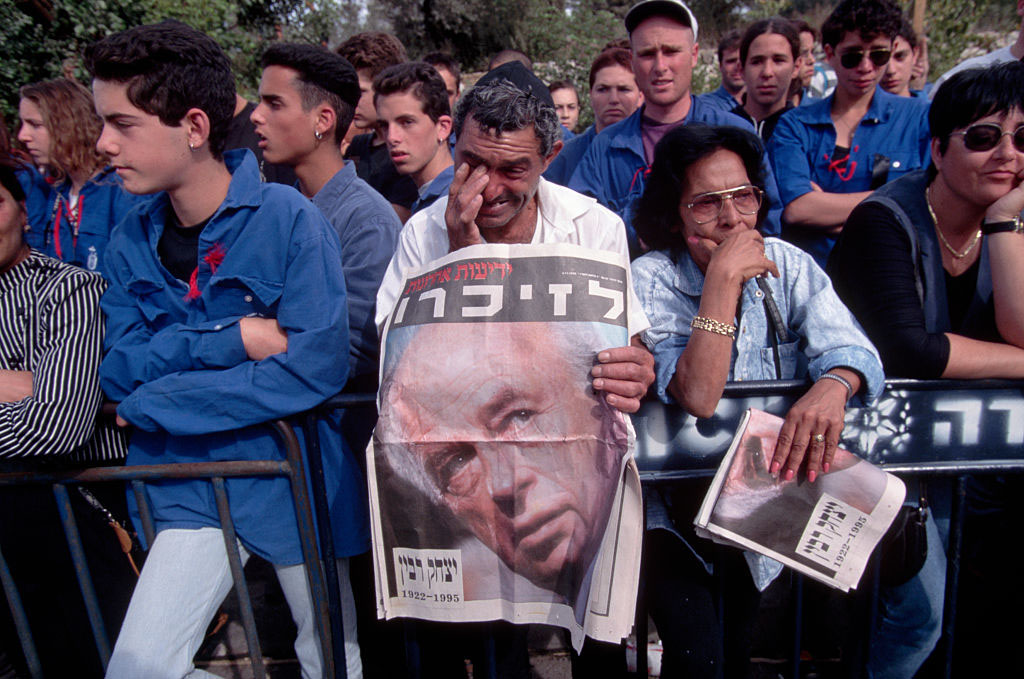The Israeli government will begin paying non-Orthodox rabbis and recognizing them as community leaders.
The attorney general’s office advised the Supreme Court Tuesday that Reform and Conservative rabbis in some parts of Israel will be recognized as “rabbis of non-Orthodox communities” and will receive wages equal to those of their Orthodox counterparts.
Only rabbis in farming communities and regional councils—not in cities—will be able to receive this funding. The vast majority of Israeli Reform and Conservative communities are in large population centers.
The attorney general’s office has said that for now, up to 15 non-Orthodox rabbis may receive state support. Before this decision, only Orthodox rabbis received state funding.
The non-Orthodox rabbis will receive their salary from the Culture and Sports Ministry, rather than the Religious Services Ministry—which funds Orthodox rabbis. In addition, according to The Jerusalem Post, funding will go only to the rabbis of communities that request it.
“We have a long-term goal to have an inclusive, democratic, pluralistic Israeli society,” said Rabbi Daniel Allen, executive director of the Association of Reform Zionists of America. “We’re going to be patient and persevere until the ideal meets the real. This is one step forward in that effort.”
The attorney general’s announcement follows out-of-court negotiations over a 2005 petition by the Israel Movement for Reform and Progressive Judaism and Miri Cohen, a Reform rabbi in central Israel’s Kibbutz Gezer.
The movement and Cohen petitioned for the state to fund the Gezer Reform community and Cohen in the same manner it funds Orthodox communities and their leaders.
Earlier this month, the panel of judges presiding over the negotiations—led by Supreme Court Justice Elyakim Rubinstein—asked the attorney general to intervene.









